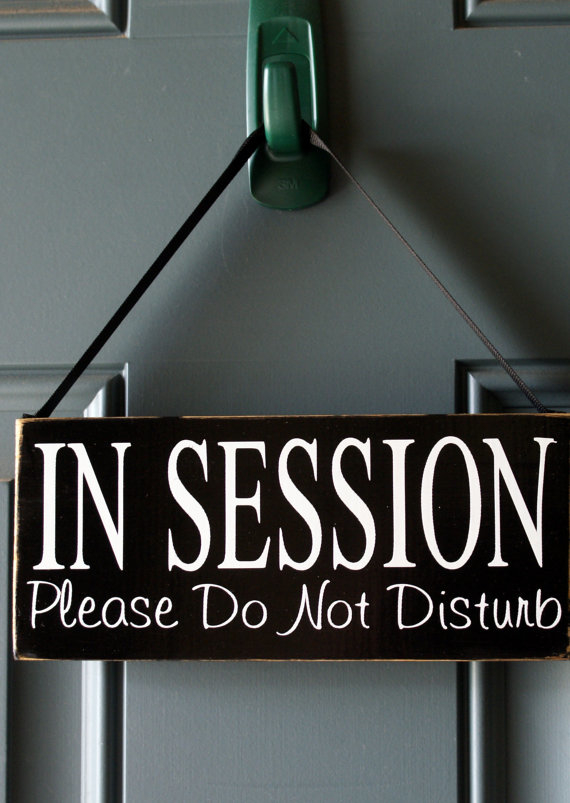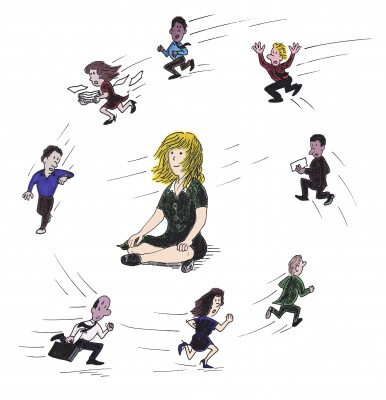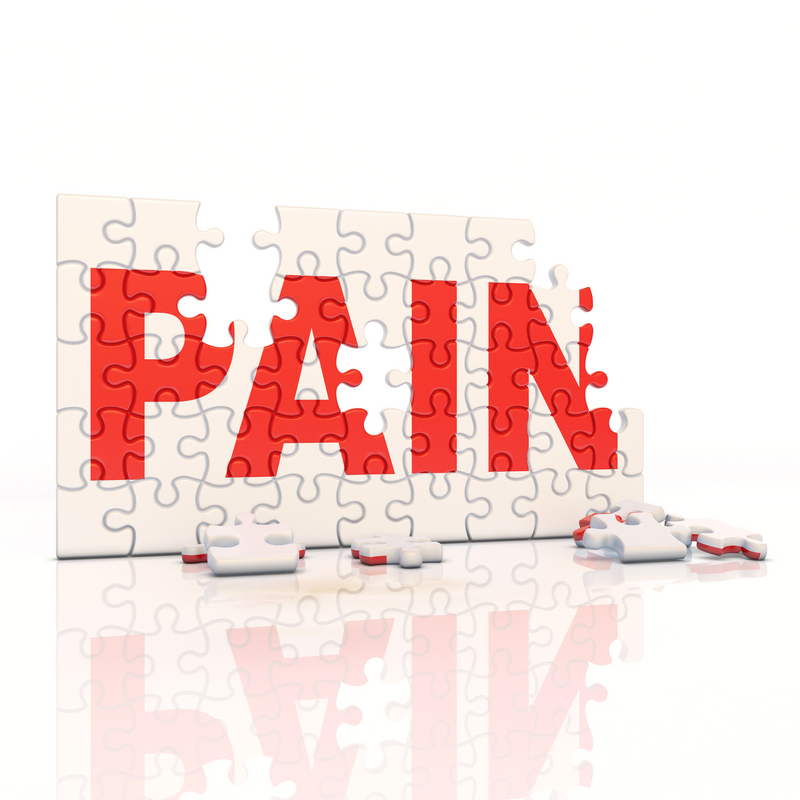What is Meditation? What is Compassion?
Meditation is the practice or the art of non-distraction and compassion (in meditation) is the art of being compassionate for ourselves when we are distracted.
Meditation and Compassion, Part 4: Meditating on Suicide
(Photo courtesy of Audrey Nadia Rubenstein) At first [...]
Meditation and Compassion, Part 3: Open Your Mind, Open Your Heart
In the past two weeks, we've talked a lot about [...]
Meditation and Compassion, Part 2: Get Real!
In last week's post, Meditation and Compassion, Part I: The [...]
Meditation and Compassion, Part I: The Man in the Mirror
Looking at oneself honestly is about having compassion for who we are. Meditation is also about having compassion for who we are.
How to Meditate: Reflect on Margaret Meade for Compassion
Cultural anthropologist and writer Margaret Meade once wrote the oft-quoted [...]
Meditation Tip of the Week: Try Many Short Meditation Sessions During the Day
Do you ever get hung up on what you think meditation "is" and how you have to "be" when you meditate? If so, then think on this; meditation is simply, in its essence, a state of non-distraction.
How to Meditate at Work, It’s Natural…Really!
How would you like to be able to take a "meditation break" at work...while you're still working. THAT is what meditation is, it's about learning how to keep your mind in a state of comfort and ease regardless of where you are...even at work!
Meditation Tip of the Week: You Can Meditate!
While most spiritual traditions have contemplative or meditative practices, you don't have to be spiritual to use meditation. All you have to be is...human!
Meditation Tip of the Week: Meditate…Out of the Box!
In this tip, we'll discuss how not to get caught in a box in how we meditate. Meditation is about thinking, and practicing, out of the box!
Do You Find it Difficult to Meditate? Don’t Fool Yourself, Meditation Isn’t Easy…Yet!
What you may find as you begin to meditate is that many of your habits of being distracted seem to get worse. You'll sit down to begin your daily practice of 20-minutes and before you know it, you've gotten up from your cushion or couch and are writing down your shopping list. Resistance happens because we're not used to just observing our usual mind, the normal mind that delights in being distracted with thoughts and emotions.
Meditation Tip of the Week: Just Go For It!
What kind of meditator are you? Have you never meditated? Or, do you have a practice but don't get as much time doing it as you wish? Perhaps you have a very stable meditation practice, but forget to use your mind well when you're off of your meditation cushion. Regardless of what your challenges are, there's an easy solution...just go for it!
Losing Compassion at the Bedside? Five Instant Tips….
COMPASSION ISN'T OUTSIDE OF YOU Compassion isn't something foreign to [...]
THE POWER OF “THE THIRD MIND” IN NURSING
By creating the third mind of nursing, that wonderful creatrix of possibility from which spring infinite possibilities for change, we can create an intangible force of awareness and compassion, and venture to bring the collective mind into a new era of nursing.
Can Difficult Thoughts and Emotions Serve You as a Nurse?
Minding the bedside, remaining mindful, aware, and compassionate in the presence of those we care for, comes from turning the mind, re-turning the mind inward; transforming the stormy arisings of thoughts, emotions and feelings and recognizing them to be impermanent phenomena, like passing clouds in the sky.
A New Way to Deal with Stress in Nursing…
In the second part of this series, Why Do You Get Stressed..., we looked at why we become stressed due to our thoughts and thinking. In this final part, we’ll explore how mindfulness and meditation can help us to work differently with our mind and emotions.
Why Do You Get Stressed? (hint: It’s How You Think!)
In the first part of this series, Is Nursing All About Stress?, we looked at the definitions of stress, stressor, emotions and feelings. We also looked at some of the statistics on the causes of stress in nursing, the negative effects on the body and mind and how emotional and mental reactivity to stressors and stress can perpetuate the stress that we experience. In the second part of the series, we’ll look at why we become stressed and begin to explore ways to stop our habit of “stressing out."
Is Nursing All About Stress?
As nurses, we know the meaning of stress. In fact, we may know its meaning more intimately than most of our peers who work in other professions. This is partially because we’ve seen the devastating effects that chronic stress has on the bodies of our patients. It’s also because nursing is reported to be one of the most stressful professions. Why is it that when we enter into discussions on how to decrease stress in nursing, we usually point to changing things external to ourselves and that when we try to change how we deal with stress, we usually end up stressing out about that too?



















